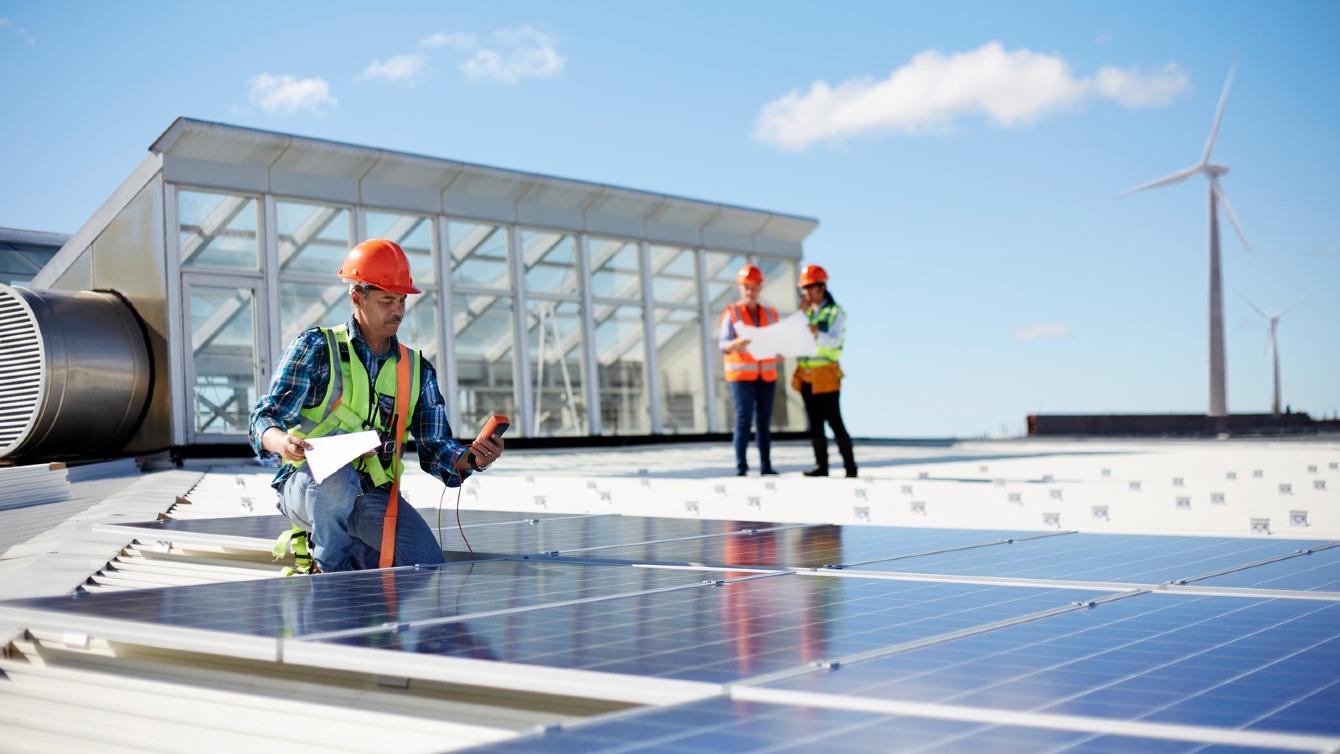The results underscore the urgency of the upcoming climate summit COP29, which will take place from November 11 to 22, 2024, in Baku, Azerbaijan. Roel Drost, PwC expert in climate and nature, explains the alarming figures: 'Although the situation is bleak, there are also glimmers of hope. We must seize these sparks of hope to accelerate the energy transition together.'
PwC's Net Zero Economy Index is a tool which tracks the reduction of energy-related CO2 emissions and the decarbonization of economies. Both globally as well as per country, the consumption and reduction of fossil fuels are clearly depicted using various parameters.
The index shows that the global decarbonization rate has stagnated to just 1.02 percent in 2023. To limit warming to one and a half degrees Celsius, as agreed in the Paris Agreement (2015), the world now needs to decarbonize twenty times faster than we did last year. And because we have made insufficient progress for many years, there is exponentially little carbon budget (the amount of CO2 we can emit to keep climate change manageable), and we now have to work much harder to achieve the goal.
Achieving sustainability ambitions
Roel Drost and his team help companies achieve their sustainability ambitions, for example by creating decarbonization plans and linking them to concrete goals. He is not very surprised by the alarming figures from the index. It is difficult for companies to navigate as they face so many challenges: economic uncertainty, geopolitical tensions, and a shortage of technical talent. The climate agenda is one of the essential challenges, but not the only one. Additionally, in the Netherlands, we struggle with grid congestion: 'This is a significant limiting factor for the energy transition in our country. It is essential that we solve this quickly.'
One of the bright spots is the acceleration due to the obligation to report according to the CSRD, which is already relevant for many companies or will be in the short term. In total, it concerns about fifty thousand companies in the EU. The CSRD offers a transparency obligation, but not a results obligation.
Drost: 'But in practice, the CSRD puts the climate topic on the agenda: now that companies have to provide climate transparency, the level of knowledge increases, and they start working on it. The CSRD directive requires a transition plan that also asks for "Paris-alignment": Companies must show whether their plans are in line with the ambition to limit warming to one and a half degrees Celsius. In this way, the CSRD provides a lot of clarity around companies' climate plans.'
Climate goals vary by company
In practice, you see a leading group, a peloton, and laggards, explains Drost. 'The frontrunners go the extra mile: many of them make a public commitment to climate goals for the medium term, and sometimes companies commit to being 'net zero' by 2050. More than nine thousand companies have now made such a public commitment to the SBTi, the Science-Based Target Initiative.'
'The laggards often struggle with the topic. They often lack a clear sustainability strategy as a guideline to take real action. Often, the short term prevails for them: now that the economy is not doing so well, short-term financial results take precedence over long-term sustainable goals. This only emphasizes the need for a strong, long-term vision for both companies and governments.'






















